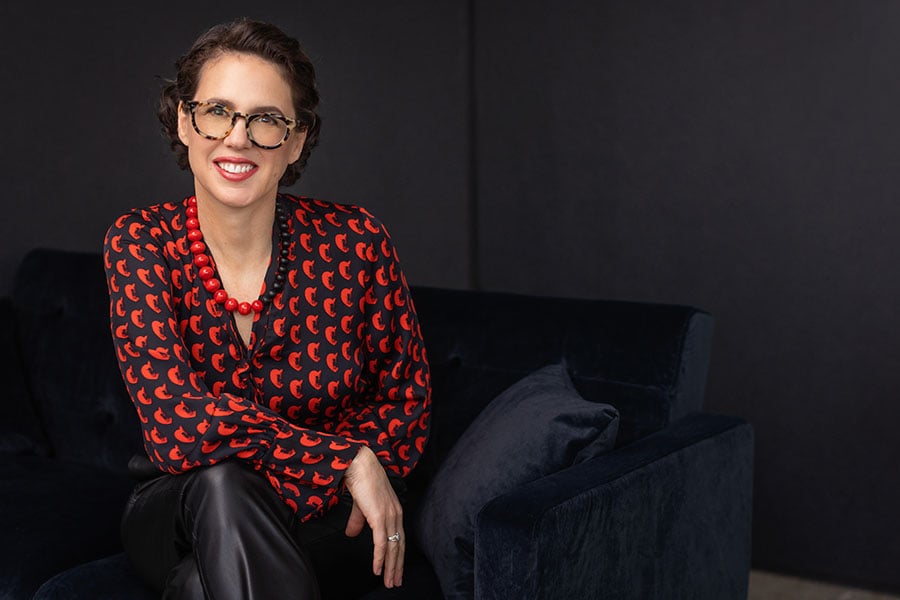
'Be the adult in the room': Amy Gallo shares principles that will help you get along with anyone at workplace
Amy Gallo, a workplace expert and author of Getting Along: How to Work with Anyone (Even Difficult People) and the HBR Guide to Dealing with Conflict, unpacks strategies to deal with difficult coworkers
 Amy Gallo, a workplace expert and author of Getting Along: How to Work with Anyone (Even Difficult People)
Amy Gallo, a workplace expert and author of Getting Along: How to Work with Anyone (Even Difficult People)
Conflict at work is inevitable, but there are diligent ways to transform even the toughest relationships. And in the process, develop the skills and confidence needed to boost your career, argues Amy Gallo, a contributing editor at Harvard Business Review and co-host of its Women at Work podcast for the past four years, in her new book Getting Along: How to Work with Anyone (Even Difficult People).
Q. What are the research insights that helped you shape the book?
When we perceive a conflict— we open a rude email from a colleague or catch our boss subtly rolling their eyes at something we said — our brains react as if we are in actual danger. It goes into “flight, fight, or freeze” mode or what experts call “amygdala hijack.” This self-protective mechanism can cause us to be overly reactive, ruminate excessively, or even concoct stories that might not be true to explain the other person’s behaviour. Put simply, we don’t think clearly. For this book, I drew on findings and research from a variety of fields—neuroscience, emotional intelligence, negotiation, and management science.
Q. How crucial is it to have workplace friendships?
We know from research that teams of friends perform better, that people with supportive coworkers report less stress, and that being close with colleagues increases information—and idea-sharing, self-confidence, and learning. Social connections with others are also a predictor of our cognitive functioning, resilience, and engagement at work. Friendships are often good for your career, too. A research team at Rutgers found that groups of colleagues who thought of one another as friends got higher scores on their performance reviews.







